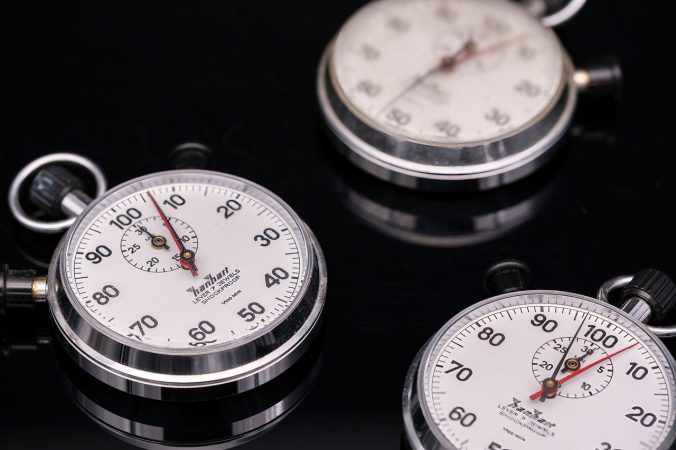A theme in recent blog posts has been our need for time. Patients need time to be listened to; time to ask questions; time to decide whether they want to be included in clinical studies, and time for much more. Healthcare workers need time to understand the patients’ situation; time to find solutions to the individual problems of patients suffering from rheumatoid arthritis, and time for much more. This theme, our need for time, got me thinking about what is so great about time.
It could be tempting to conduct time and motion studies of our need for time. How much time does the patient need to spend with the doctor to feel listened to? How much time does the nurse need to spend with the patient to get the experience of providing good care? The problem with such studies is that they destroy the greatness of time. To give the patient or the nurse the measured time, prescribed by the time study, is to glance at the clock. Would you feel listened to if the person you were talking to had a stopwatch hanging around their neck? Would you be a good listener yourself if you waited for the alarm signal from the stopwatch hanging around your neck?
Time studies do not answer our question of what we need, when we need time. If it was really a certain amount of time we needed, say fifteen minutes, then it should make no difference if a ticking stopwatch hung around the neck. But it makes a difference! The stopwatch steals our time. So, what is so great about time?
I think the answer is well on its way to revealing itself, precisely because we give it time to come at its own pace. What we need when we need time, is to forget time! That is the great thing about having time. That we no longer think about it.
Again, it can be tempting to conduct time studies. How much time does the patient and the doctor need to forget time? Again, time studies ruin the greatness of time. How? They frame everything in time. They force us to think about time, even when the point is to forget it.
Our need for time is not about measured quantities of time, but about the timeless quality of not thinking about time. Thinking about time steals time from us. Since it is not really about time, it does not have to take that long.

Written by…
Pär Segerdahl, Associate Professor at the Centre for Research Ethics & Bioethics and editor of the Ethics Blog.
We challenge habits of thought


